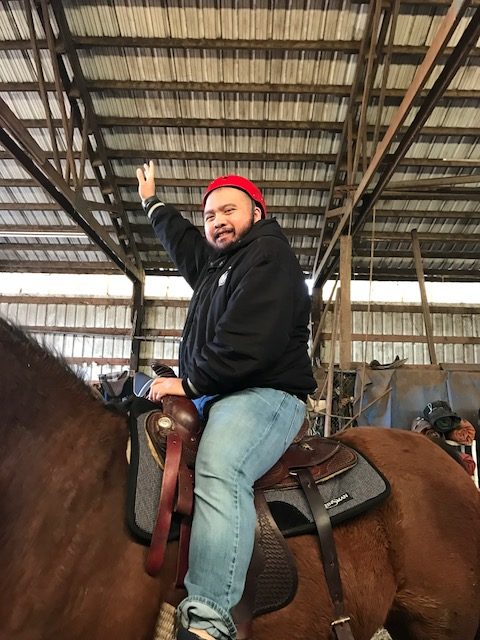What is Equestrian Therapy?
Equestrian therapy (also known as equine therapy or Equine-Assisted Therapy [EAT]) is a form of therapy that makes use of horses to help promote emotional growth. Equestrian therapy is particularly applied to patients with ADD, anxiety, autism, dementia, delay in mental development, down syndrome and other genetic syndromes, depression, trauma and brain injuries, behavior and abuse issues and other mental health issues.
People with cognitive, psycho-motor and behavioral disabilities have shown positive results when equestrian or equine therapy is taught correctly by certified equine therapists. Just like other therapies such as physical, occupational and speech-language therapy, people with disabilities are being helped or assisted by certified therapists to cope with their disability like regular or normal people can. However, equine therapy combines all three in such a way that the patients or students do not feel that they are actually under therapy.
In the process, equestrian or equine therapy aims for its patients or students to:
- Build sense of self-worth, self-concept
- Improve communication
- Build trust and self-efficiency
- Develop socialization skills and decrease isolation
- Learn impulse control and emotional management
- Set perspective
- Learn their limits or boundaries.
In equine-assisted therapies (EAT), the targeted skills are fine motor, large motor or large muscle groups, communication and other behavioral skills in the form of therapeutic procedures such as:
- Equine-facilitated Psychotherapy (EFP)
- Equine-assisted Psychotherapy
- Therapeutic Horseback Riding


Recent Comments